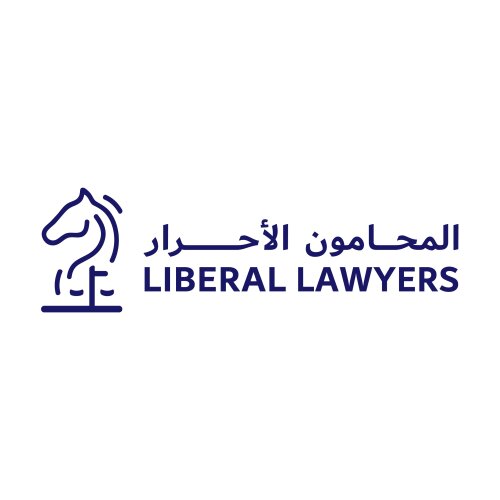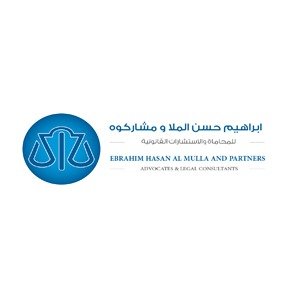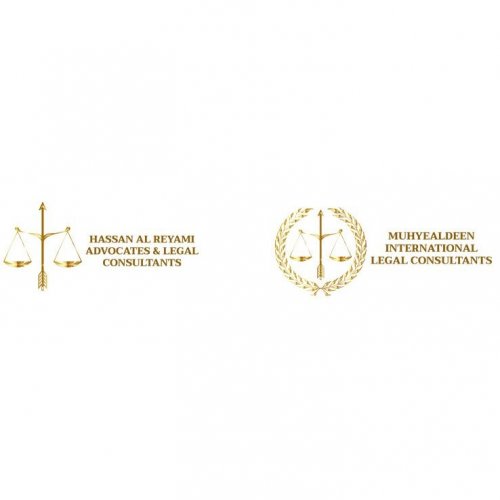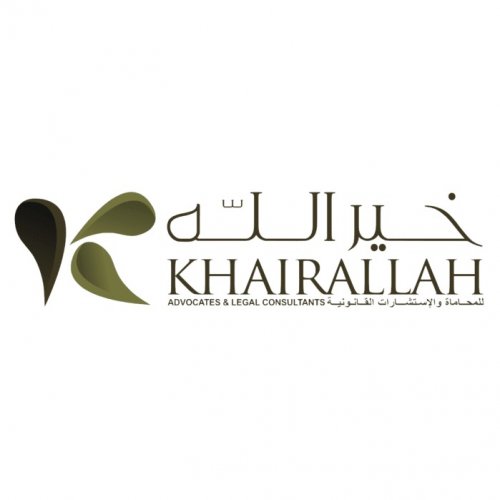Best Debt Capital Markets Lawyers in Abu Dhabi
Share your needs with us, get contacted by law firms.
Free. Takes 2 min.
List of the best lawyers in Abu Dhabi, United Arab Emirates

The Black Robe For Legal Consultancy & Debit Collection
1 hour Free ConsultationAbout Debt Capital Markets Law in Abu Dhabi, United Arab Emirates
Debt Capital Markets (DCM) are a crucial component of Abu Dhabi’s sophisticated financial landscape. DCM involves the issuance and trading of debt securities such as bonds, sukuk (Islamic bonds), and notes by governments, financial institutions, and corporations. Abu Dhabi, as the capital of the United Arab Emirates, has developed its regulatory frameworks to encourage local and international investment through its capital markets. Both conventional and Shariah-compliant debt instruments are offered in Abu Dhabi, reflecting the emirate’s unique financial ecosystem and its role as a global business hub.
Why You May Need a Lawyer
Debt Capital Markets transactions can be complex and require navigation through a web of legal, regulatory, and transactional requirements. Engaging a lawyer may be essential in various situations, such as:
- Structuring, issuing, or underwriting bonds or sukuk
- Ensuring compliance with local, regional, and international DCM regulations
- Advising on disclosure obligations and prospectus requirements
- Negotiating terms with investors or stakeholders
- Handling cross-border transactions and dual listings
- Resolving disputes, defaults, or restructuring of debt securities
- Interpreting contractual obligations contained within DCM documentation
A legal advisor with expertise in Debt Capital Markets can help safeguard your interests and ensure that all procedures conform to the demanding legal and regulatory standards in Abu Dhabi.
Local Laws Overview
Debt Capital Markets in Abu Dhabi are governed by a combination of federal UAE laws, Abu Dhabi specific regulations, and, for institutions registered in Abu Dhabi Global Market (ADGM), direct applications of English common law. Key regulatory bodies include the UAE Securities and Commodities Authority (SCA), the Central Bank of the UAE, and the ADGM Financial Services Regulatory Authority (FSRA).
Some key aspects of local laws relevant to DCM include:
- The Securities and Commodities Authority (SCA) enforces prospectus, disclosure, and reporting requirements for issuers.
- ADGM operates as a financial free zone with its own court system and regulatory framework based on English law, providing an internationally familiar legal environment.
- Sukuk issuances must also comply with Shariah legal principles, requiring approval from relevant Shariah supervisory boards.
- Issuers must obtain necessary licenses and approvals before offering debt instruments in Abu Dhabi.
- There are anti-money laundering (AML) and counter-terrorism financing laws that must be strictly followed throughout the issuance and trading process.
Navigating these laws requires careful attention to regulatory filings, contract drafting, and compliance with both local and international best practices.
Frequently Asked Questions
What is the difference between conventional bonds and sukuk in Abu Dhabi?
Conventional bonds are debt instruments that pay interest to investors, while sukuk are Shariah-compliant instruments structured to provide returns without interest, often involving asset ownership or profit-sharing arrangements.
Who regulates Debt Capital Markets in Abu Dhabi?
Debt Capital Markets are regulated by the UAE Securities and Commodities Authority (SCA) on the mainland and by the Financial Services Regulatory Authority (FSRA) within the Abu Dhabi Global Market (ADGM).
Can foreign investors participate in debt issuances in Abu Dhabi?
Yes, foreign investors can participate in most debt issuances, subject to SCA, Central Bank, or ADGM regulations and any restrictions outlined in the prospectus.
What disclosures are required when issuing debt securities?
Issuers must prepare a prospectus providing detailed information about the offering, financial position, risks, use of proceeds, and compliance with local regulations.
Are there specific rules for cross-border debt offerings?
Yes, cross-border offerings require compliance with UAE and international securities laws, additional approvals, and may involve differing requirements for documentation and disclosure.
What happens in case of a default on a bond or sukuk?
In the event of default, the rights and remedies available to investors will depend on the terms of the documentation, local insolvency laws, and potential dispute resolution mechanisms.
Do I need approval before issuing bonds in Abu Dhabi?
Yes, issuers usually need approvals from the SCA or FSRA, as well as compliance with listing requirements if the debt is to be traded on a local exchange.
What are the ongoing obligations for issuers after a debt issuance?
Issuers have ongoing disclosure and reporting obligations, such as financial reporting, material event notifications, and compliance with market conduct rules.
Are there differences between regulations in mainland Abu Dhabi and the ADGM?
Yes, ADGM has an independent legal and regulatory framework based on English common law, while the mainland follows UAE federal law and SCA regulations.
Do Islamic finance principles affect Debt Capital Markets law?
Yes, sukuk and other Islamic finance instruments must comply with Shariah law, influencing transaction structure, documentation, and governance.
Additional Resources
If you require more information or support, consider reaching out to:
- UAE Securities and Commodities Authority (SCA) - The main regulator for securities markets on the mainland
- Abu Dhabi Global Market (ADGM) Financial Services Regulatory Authority (FSRA) - Regulator for DCM activities within the ADGM
- Central Bank of the United Arab Emirates - Oversees system stability, including some aspects of capital markets
- Abu Dhabi Securities Exchange (ADX) - The primary exchange for listed debt instruments
- Local and international law firms with DCM expertise in Abu Dhabi
Next Steps
If you are planning to participate in, invest in, or structure Debt Capital Markets transactions in Abu Dhabi, it is important to take proactive steps:
- Identify legal advisors with proven experience in DCM transactions in Abu Dhabi and, if relevant, within the ADGM.
- Gather all relevant documentation, including corporate information, finance statements, and intended transaction details.
- Consult with your chosen legal counsel to assess regulatory pathways, risks, and required approvals.
- Ensure that your team understands both conventional and Shariah-compliant options and related legal requirements.
- Maintain an open line of communication with regulators when planning any public or private debt issuance.
Taking these steps will help ensure your activities in the Debt Capital Markets adhere to all local laws, minimize legal risks, and improve transaction efficiency.
Lawzana helps you find the best lawyers and law firms in Abu Dhabi through a curated and pre-screened list of qualified legal professionals. Our platform offers rankings and detailed profiles of attorneys and law firms, allowing you to compare based on practice areas, including Debt Capital Markets, experience, and client feedback.
Each profile includes a description of the firm's areas of practice, client reviews, team members and partners, year of establishment, spoken languages, office locations, contact information, social media presence, and any published articles or resources. Most firms on our platform speak English and are experienced in both local and international legal matters.
Get a quote from top-rated law firms in Abu Dhabi, United Arab Emirates — quickly, securely, and without unnecessary hassle.
Disclaimer:
The information provided on this page is for general informational purposes only and does not constitute legal advice. While we strive to ensure the accuracy and relevance of the content, legal information may change over time, and interpretations of the law can vary. You should always consult with a qualified legal professional for advice specific to your situation.
We disclaim all liability for actions taken or not taken based on the content of this page. If you believe any information is incorrect or outdated, please contact us, and we will review and update it where appropriate.
















